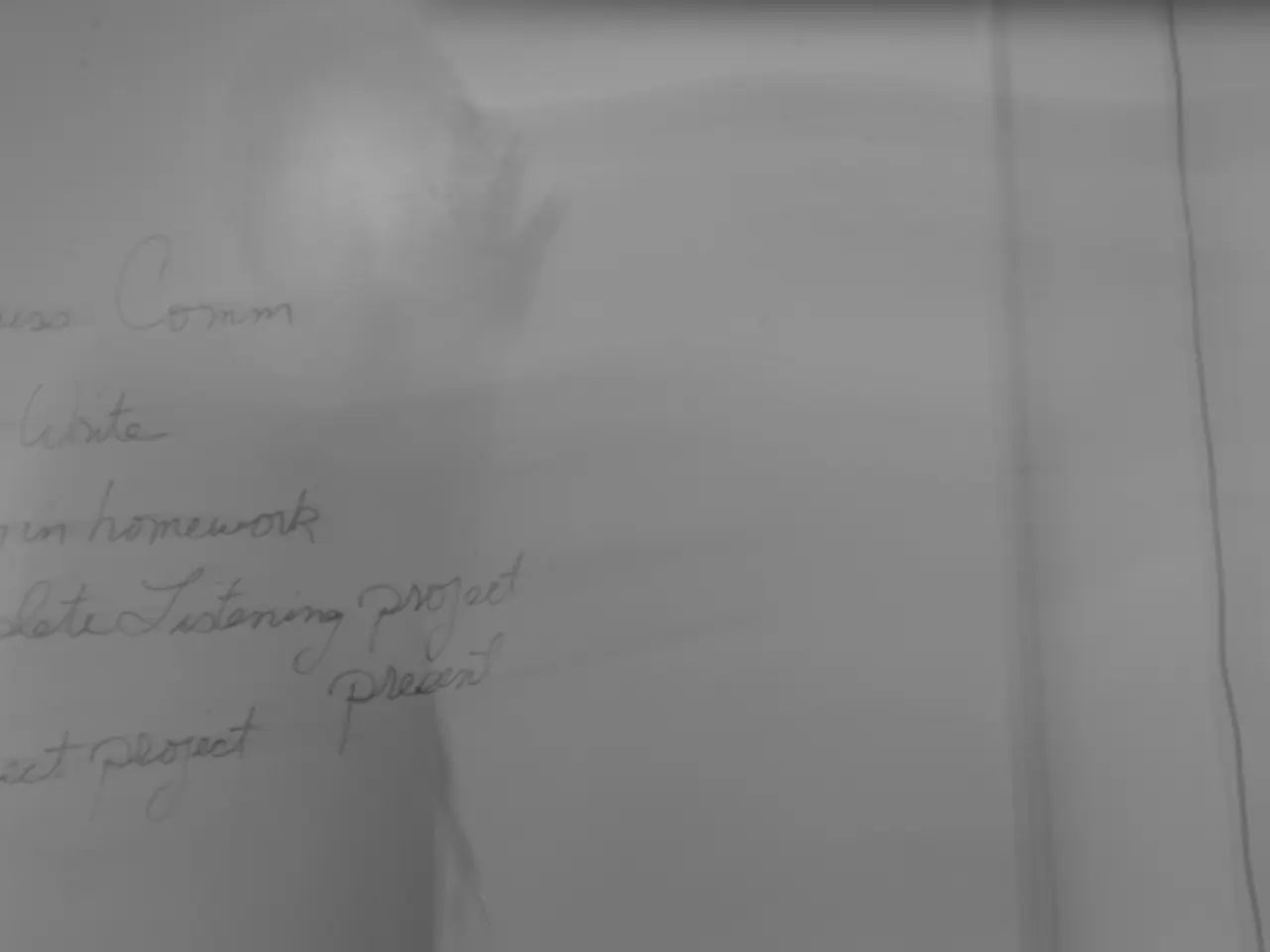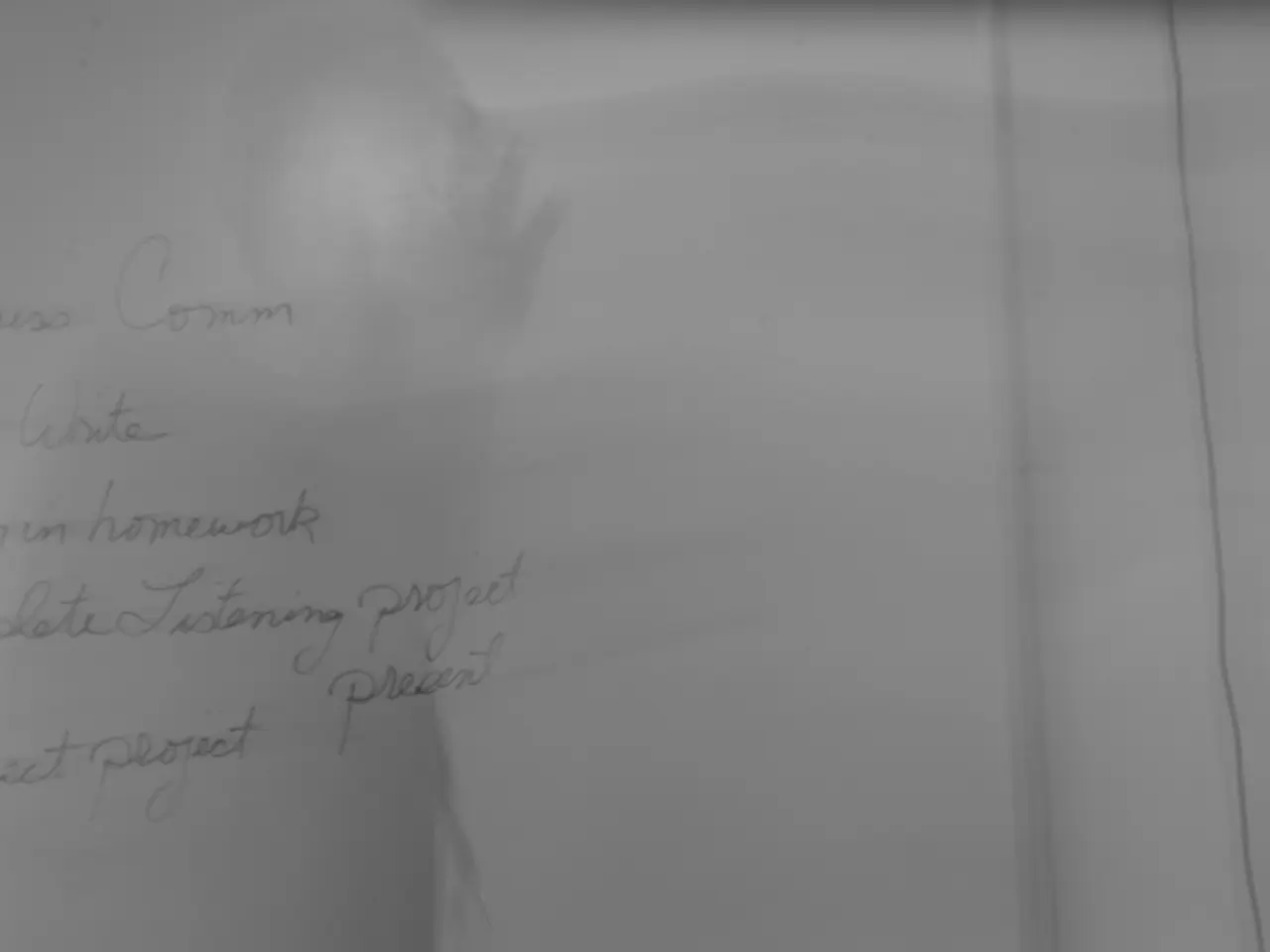Disturbing Activities of Cult Leader Revealed: Detailed Account of Alleged Sexual, Financial and Psychological Abuse in the Sect
Father's Right to Track Alimony Spending Sparks Debate in Russia
A fresh proposal has stirred up a storm in the Public Chamber of Russia - giving fathers the power to monitor how their alimony funds are spent. The idea suggests that the lack of transparency in spending is a significant reason for non-payment of alimony. But the response from some quarters, like Nina Ostanina, the chair of the State Duma committee on family protection, has been less than enthusiastic. She called the proposal "petty" and "unmanly."
Pavel Pozhigailo, deputy chairman of the Public Chamber of Russia’s (OP RF) demographic commission, champions this cause. He raised the issue of alimony spending during a roundtable discussion on "Fatherhood as a Traditional Family Value". According to Pozhigailo, it's crucial for a dad to know where his hard-earned money from alimony is being spent. "We're not all oligarchs here," he emphasizes.
Pozhigailo proposes that modern financial mechanisms could help tackle this issue. One potential solution is a "special child card" where the father could transfer alimony and keep tabs on expenses. "Nobody's going to skimp on groceries if mom's buying food," he assures, but question marks persist when it comes to larger expenses like ballet classes for the little one. A scenario unfolds where the father wants him to take up a more masculine sport, and a standoff occurs - "Then you won't see the child" might be the line that separates dads and kids.
Pozhigailo also shares his parenting philosophy - encouraging all sons to do martial arts, play a musical instrument, and attend church every Sunday. As for handling difficult situations, Pozhigailo puts forth an unconventional perspective - "Today, there's a position that all alimony defaulters should be thrown in jail. Let's throw them all in - who's left?" He observes the absence of reasonable alternatives to deter overzealous enforcers and proposes a mechanism to check how alimony funds are spent to reduce instances of non-payment.
OP RF representatives echo the sentiment and plan to discuss the idea further at upcoming meetings.
Nina Ostania, chair of the State Duma committee on family protection, disagrees. She points out that alimony is intended for the child, not the former wife. Ostania questions the necessity of excessive scrutiny when the father has decided to evade his parental duties and pass the responsibility to the mother. In her view, a father scrutinizing the mother's spending habits is a manifestation of a lack of respect for parenthood.
Ostania further contends that alimony amounts aren't substantial enough to lead to extravagant spending by the mother. She argues that large awards are a rarity. In cases where substantial amounts are involved, Ostania advises that a prenuptial agreement should be signed to fix the alimony payout amount for the child.
Finally, Ostania is dismissive of the notion that mothers spend alimony on themselves, stating, "If the former wife used the money for her own medical needs, wouldn’t the mother raising the child alone be sick? That's unmanly, to be honest."
During the spring of this year, the Federal Bailiff Service reported that they were on the hunt for 135,600 alimony defaulters. Out of the lot, they managed to locate 44,800. As a further measure, the first deputy minister of justice, Yevgeny Zabarchuk, announced stricter restrictions for defaulters, including bans on working in municipal and state positions, using government services, securing loans, and mortgages.
[Enrichment Insight: While Russia has developed legal mechanisms to receive and process alimony payments, specific proposals and operational mechanisms targeted at monitoring how alimony funds are spent are not widely documented in public information]
The debate in Russia's Public Chamber about giving fathers the power to monitor alimony spending has also spilled into the realm of politics and general news, as Pavel Pozhigailo, the deputy chairman of the OP RF’s demographic commission, proposes using modern financial mechanisms such as a "special child card" to address the issue (finance). Meanwhile, Nina Ostanina, the chair of the State Duma committee on family protection, argues that alimony is intended for the child and questions the necessity of excessive scrutiny (business). This conflict underscores the broader issue of accountability and transparency in family finances, a matter of public concern (general-news).






